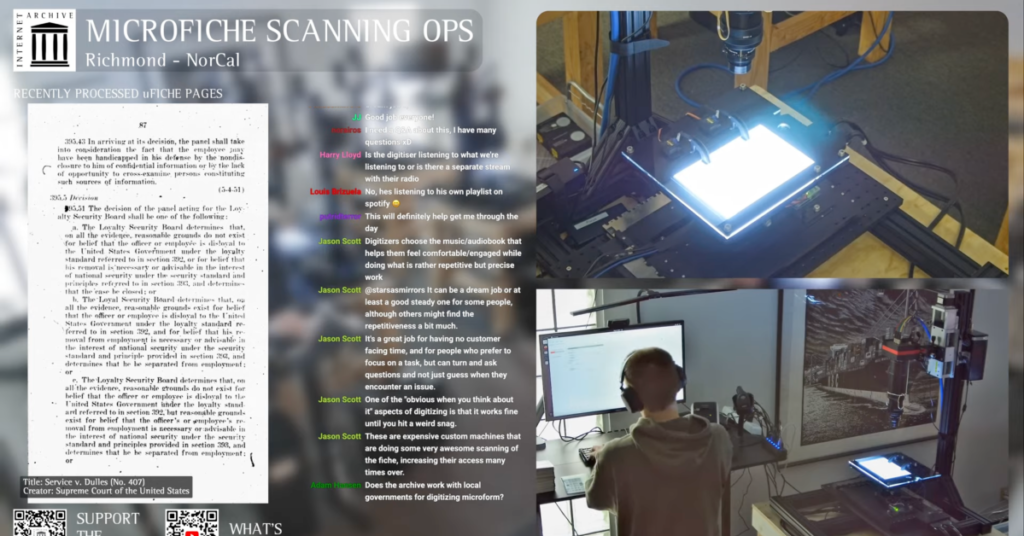Internet Archive: How the Wayback Machine Is Saving Digital History
Internet Archive leads the fight against digital decay by preserving humanity’s online memory—now archiving over a trillion webpages.
What the Internet Archive Is and Why It Matters
The Internet Archive is a nonprofit digital library devoted to preserving the public web and cultural artifacts in digital form. Its flagship service, the Wayback Machine, crawls and archives millions of URLs daily, creating a permanent snapshot of web pages before they vanish—ensuring our online history remains accessible.
Every day, the Internet Archive adds more than a billion URLs to its collection, safeguarding everything from mainstream media to obscure niche content. What might look like a routine snapshot is actually a lifeline against permanent deletion.

Emerging Milestones and Challenges
In July 2025, the Internet Archive announced that the Wayback Machine is on track to reach the monumental milestone of archiving one trillion web pages by October. This makes it one of the largest preservation efforts in digital history.
Yet the threats remain immense. A Pew Research study revealed that 38% of webpages that existed in 2013 were gone by 2025—underlining how link rot continues to erode our collective memory across news, culture, and research.
Human Cost of Digital Decay
When news outlets vanish or government websites go offline, entire chapters of history can disappear overnight. For instance, a CDC page about bird flu was live only briefly—and missed entirely by public archiving efforts. Moments like these highlight just how fragile our digital record is. Vox
Moreover, with AI-generated content proliferating, there’s growing concern that human creativity and journalistic nuance are being lost or overwritten—making preservation more crucial than ever.
Behind the Scenes: Crawlers, Livestreams & Transparency
To maintain comprehensive archives, the Internet Archive uses web crawlers that follow links like spiders across the internet—capturing content actively as it’s published.
In a move toward greater transparency, the Archive began a YouTube livestream showcasing its microfiche digitization process. Viewers can now watch high‑resolution scanners convert documents in real time—from vintage microfiche cards to historical images—creating searchable digital copies before they deteriorate.
Legal Risks & Preservation Under Threat
Despite its importance, the Internet Archive has faced legal and reputational challenges. State-funded legal action and policy battles leave the Archive vulnerable—raising questions about who gets to decide what stays online. Critics warn that losing the Archive would mean erasing accountability and collective history.
Community Role and Collaborative Archiving
To broaden its reach, the Archive launched the Community Webs initiative, enabling libraries, museums, and historical societies to archive locally significant websites—preserving regional news, public interest materials, and niche collections that might otherwise disappear.
Funded largely through donations, grants, and partnerships, the Archive relies on a network of contributors and encourages the public to participate in keeping cultural heritage alive.
Conclusion – Why It Matters Today
Internet Archive sits at the intersection of memory, technology, and democracy. As websites vanish and digital ecosystems change, only proactive archiving ensures that what we publish today can be referenced tomorrow. With one trillion pages preserved, live-digitization transparency, and a growing community reach, the Archive is more critical than ever.
Preserving the digital past is not just a project—it’s our duty. Without this work, historians, researchers, and everyday users risk losing the context behind important moments.
Subscribe to trusted news sites like USnewsSphere.com for continuous updates.





